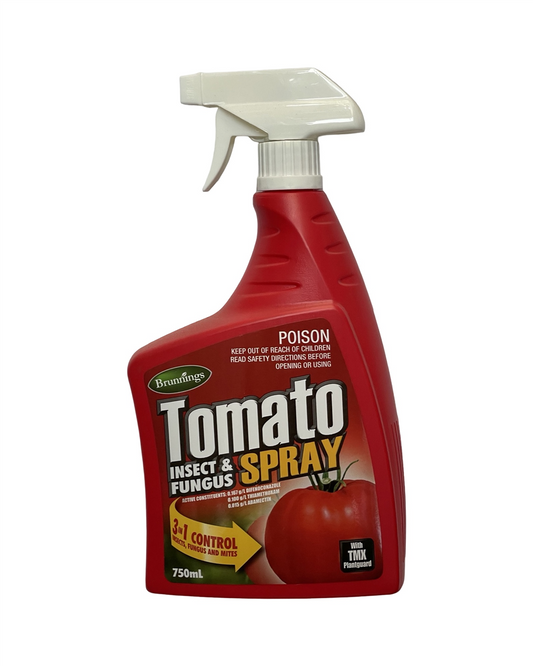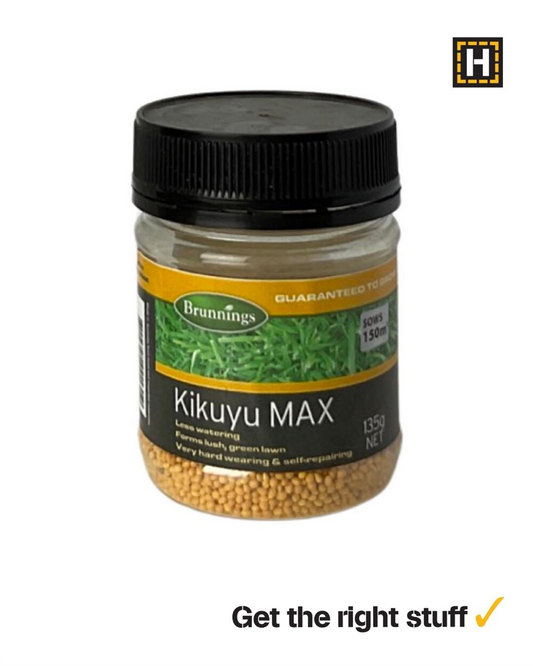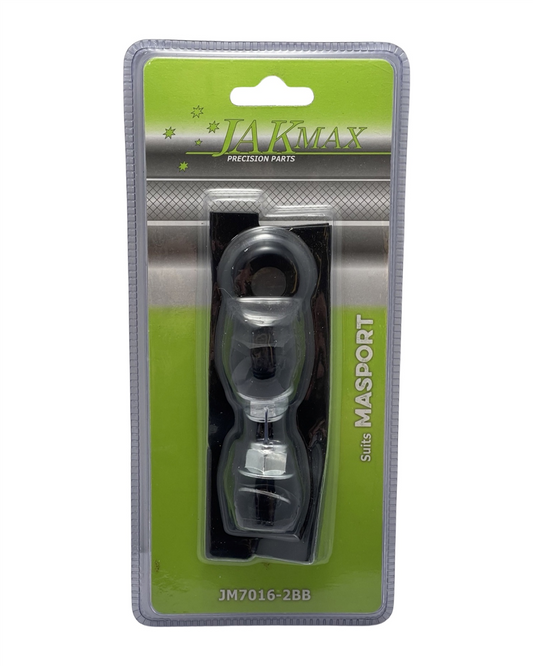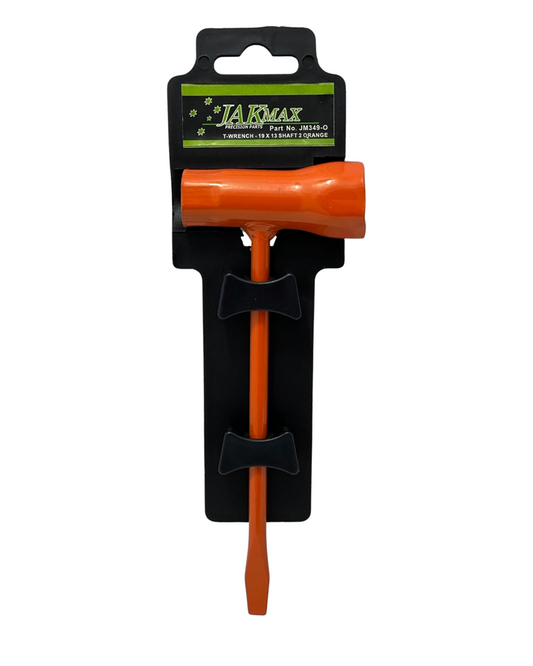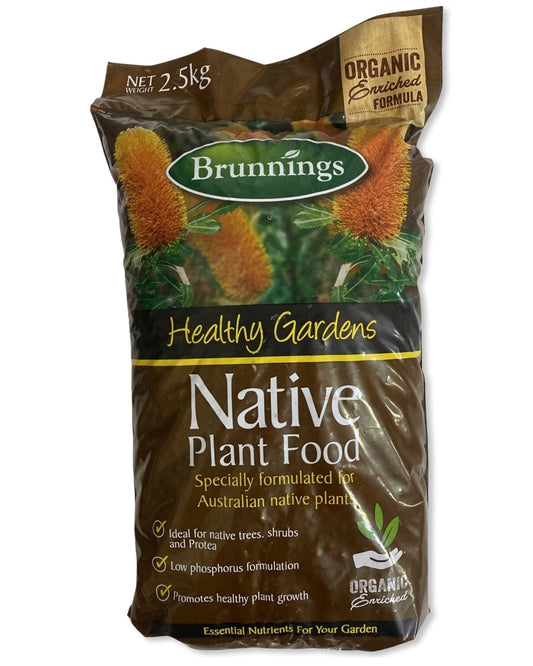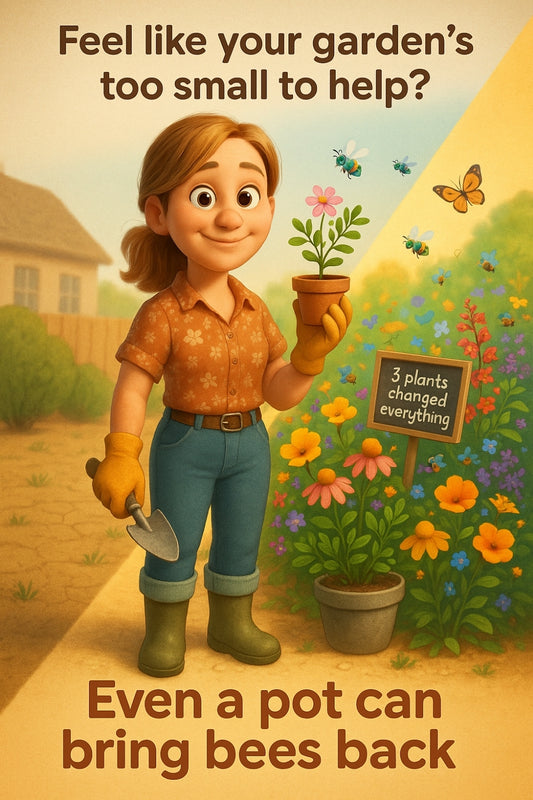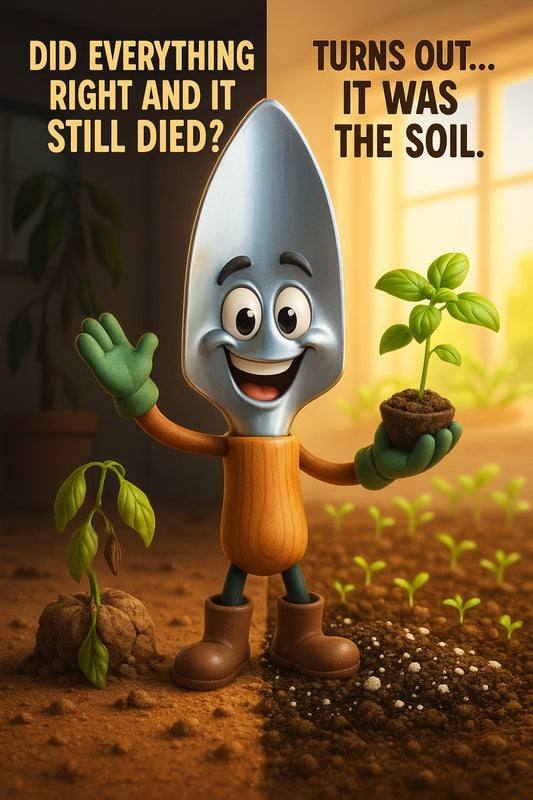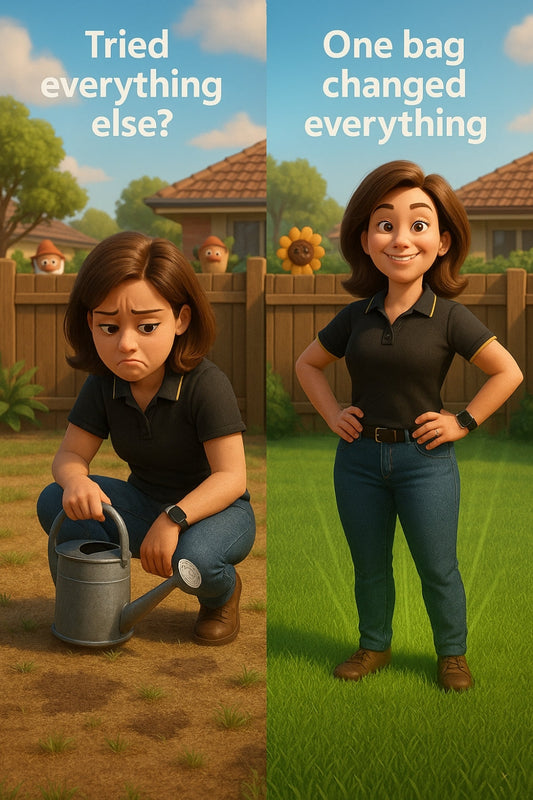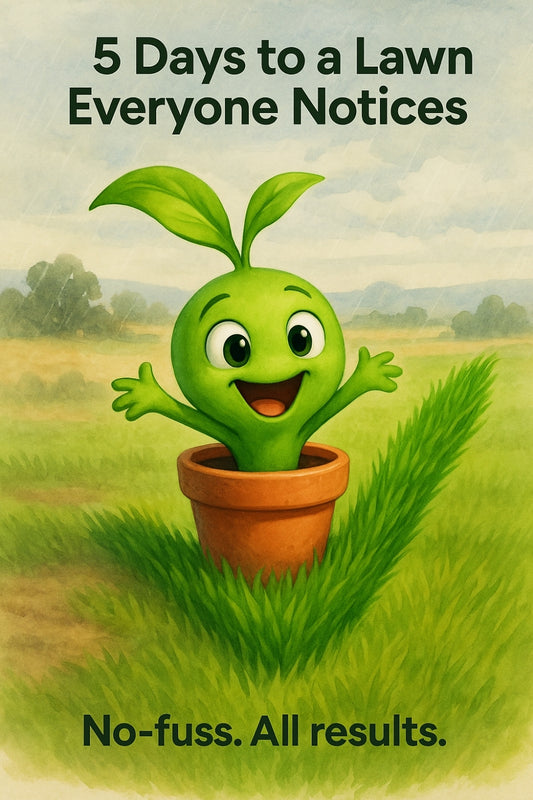Are Your Leaves Turning Yellow? Could Neutrog Lime Correct the Soil pH?
Share
Why Yellow Leaves Might Be Pointing You Toward a Simple Soil Fix
Have you ever walked out to your garden, full of excitement, only to be met by the sad sight of droopy plants with yellowing leaves? We've all had that moment where we tilt our heads, wondering if we've forgotten to water them—or worse, overwatered them. You're not alone. Yellow leaves are a classic cry for help from your plants, and it's not always about water. There's a sneaky culprit that often flies under the radar: soil pH.
I learned this the hard way when my once-happy lemon tree started looking downright miserable. At first, I blamed myself—maybe I showed it too much love, or not enough. But after chatting with the ever-helpful crew at our garden centre, I discovered that my soil was too acidic. The real problem wasn't how I was caring for the plant—it was the environment its roots were stuck in.
What Does pH Have to Do With It?
Think of your soil like the foundation of your home. If the foundation’s off, everything you build on top can look a little crooked. In the gardening world, a soil pH that’s too low (acidic) messes with how plants absorb nutrients. Even if you’re feeding them the best meal—fertilisers, compost, you name it—if the pH is wrong, their roots can’t make use of any of it properly.
This often leads to weak growth, poor flowering, and yep—you guessed it—yellow leaves. Acidic soil can especially be a problem in older garden beds or those near pine trees or treated wood fences.
So, What’s the Fix?
Enter: ✨ good old garden lime. And not just any lime—I’m talking about  Neutrog Lime.
Neutrog Lime.
This natural lime is like a breath of fresh air for sour soil. It raises the pH, making your soil less acidic and way more inviting for your plants' roots. What I love about it is how simple it is to use—no complex instructions, no guessing games. Just a sprinkle in your garden beds, and it starts to make room for nutrients to be absorbed the way they should.
Why Neutrog’s Lime is My Go-To
Imagine a product that doesn’t just sit in your shed, but actually becomes a go-to solution in your gardening routine. That’s what Neutrog Lime turned out to be. Here’s why it makes such a difference:
- Natural pH booster: It balances acidic soil without chemicals clogging up your garden space.
- Builds healthier roots: When your soil gets balanced, your roots actually grow stronger and deeper.
- Opens up nutrient gateways: Your fertilisers finally get a chance to shine because the roots can take them in without struggling.
- Improves soil texture: Whether you’re working with heavy clay or sandy dirt, you’ll notice soil clumps start working better for you.
When and How Should You Use It?
The best part? You don’t need a PhD in botany to use it. Apply it during your usual garden prep in autumn or early spring—about two to three times a year is ideal for most gardens. Just sprinkle it around your garden beds, lightly rake it in, and water well afterward. Easy.
Avoid overuse. More doesn't always mean better. Like making sourdough or planting seedlings—it's all about balance. Small, regular effort wins the race.
Your Garden’s Yellow "Warning Light"
If your plants keep waving their yellow flags at you, don’t rush for fertiliser straight away. Consider what’s going on beneath the surface. A quick soil check and the right amendment—like Neutrog Lime—might be all they really need.
And if you need a bit of moral support or just someone to double-check if you're doing it right, pop over to the garden centre. I’m happy to chat all things plant health—just ask for Candeece ♡
See Your Garden Glow Again
The right soil creates the right space for beauty to grow. Whether it’s juicy tomatoes, lush lawn, or that stubborn rose bush, once your soil’s in check, it all gets a bit easier. You’ll go from second-guessing to smiling every time you step outside.
Happy gardening,
Candeece 🌱
 Stay Connected
Stay Connected
Join our gardening community on Facebook the Urban Gardener's Notebook
And follow our Store Facebook Page: Strathalbyn H Hardware on Facebook

